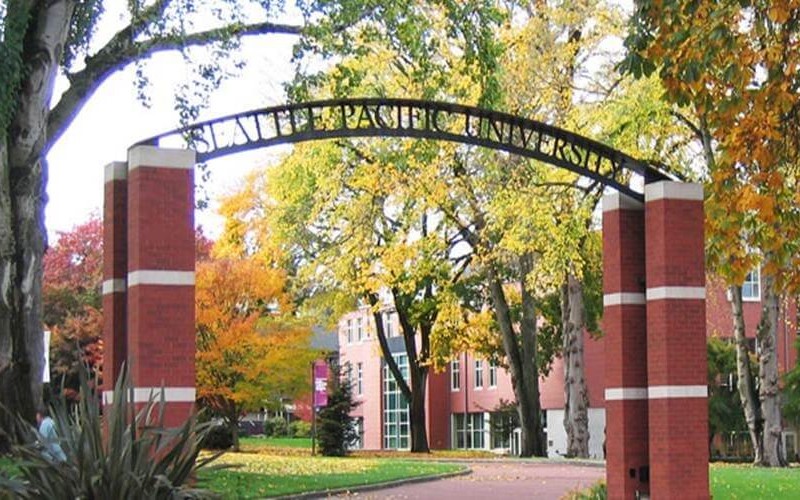The U.S. Supreme Court has announced it will hear oral arguments in Moore v. Harper, a North Carolina redistricting case in which Republican lawmakers contend the state supreme court does not have the constitutional authority to change redrawn congressional maps approved by the legislature.
Across the country, after the 2020 census, state and federal boundary lines for public office are being updated and redrawn by the political party in control. But many of those plans are being challenged by the opposing party and ultimately decided by state courts.
In defense of their actions, North Carolina’s legislators are pointing to the election clause portion of the U.S. Constitution, which addresses state authority over elections. That clause is commonly referred to as the independent state legislature doctrine.
According to J. Christian Adams, who leads the Public Interest Legal Foundation, that section of the U.S. Constitution states that legislatures “get to decide what the rules are for elections for Congress and also for presidential electors,” he says.
In the historic document, the language plainly states the time, place, and manner of federal elections “shall be prescribed in each state by the legislature.”
However, the suggestion that state legislatures can pass laws affecting federal elections, and do so without judicial review, is a provocative claim to make.

Because of the implications, Adams says he is not sure if the high court will agree to that idea but it is also true, he adds, that state courts and state governors have abused their constitutional powers during the COVID-19 pandemic.
“And I think that is a bad thing when that happens,” he says.
The U.S. Supreme Court previously ruled against the North Carolina legislators in March when the lawmakers asked for an emergency ruling to block the state court’s ruling.
“We will have to resolve this question sooner or later, and the sooner we do so, the better,” Justice Samuel Alito, who dissented in that ruling, wrote at the time.
Moore v. Harper will likely be heard in the fall.







